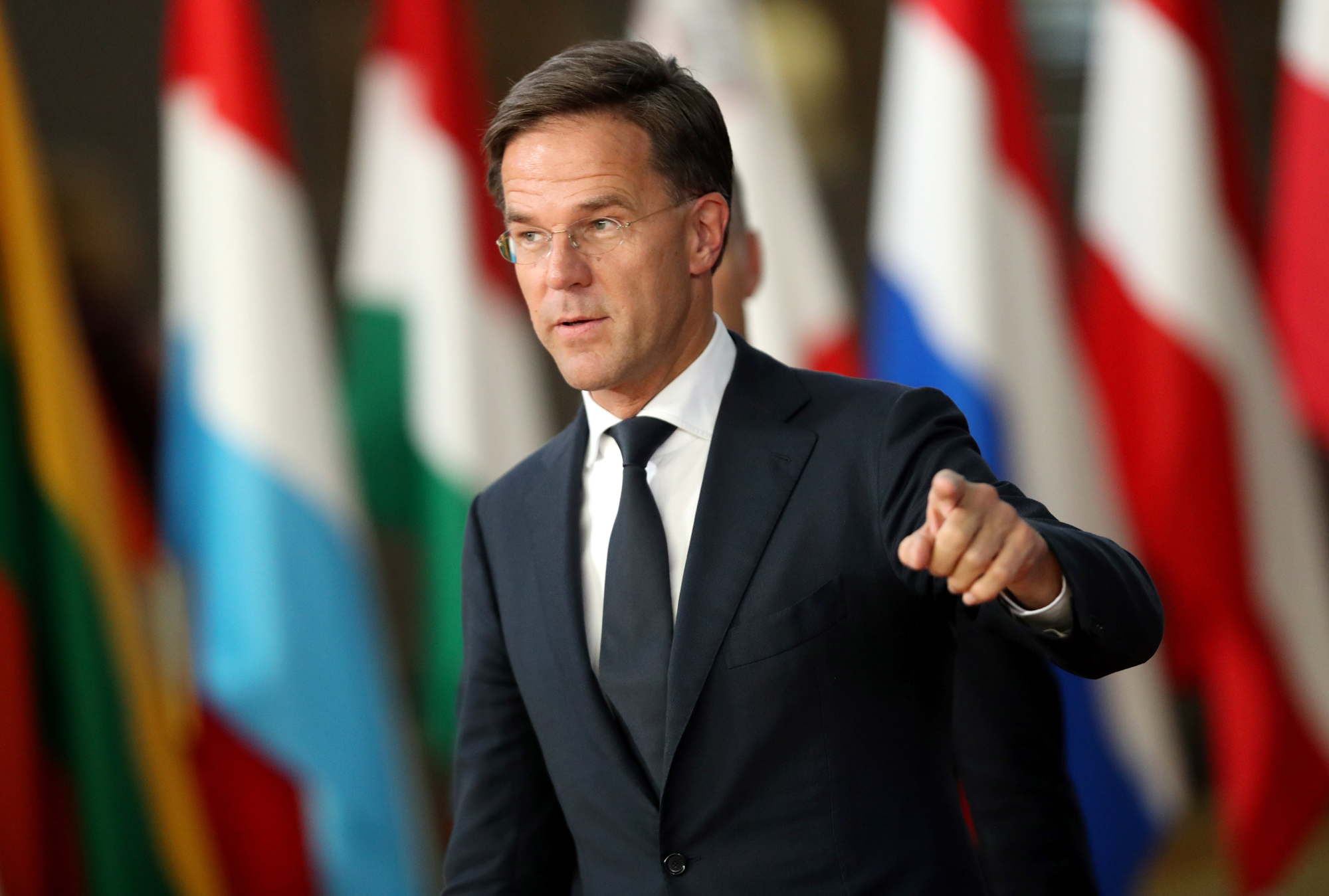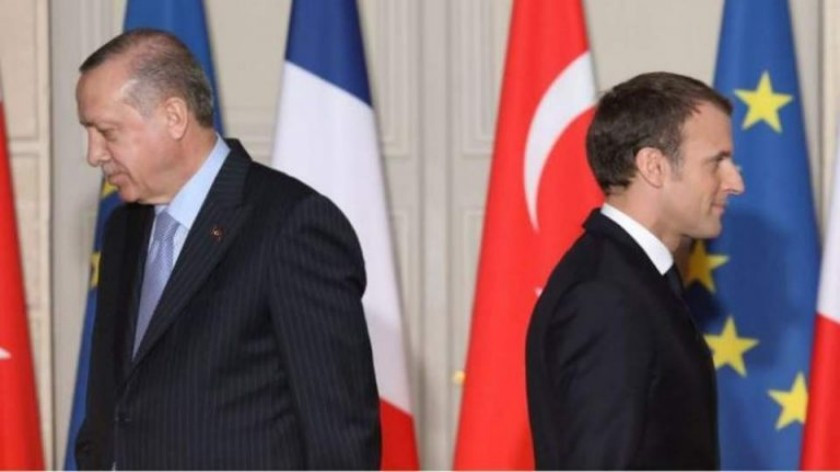Belgium has faced international criticism for its high COVID-19 death-rate, but Belgian scientists claim that the rest of the EU are under-counting or under-reporting fatalities.
Professor Steven van Gucht, head of Belgium’s scientific COVID-19 response team has been under fire from both national and international actors for using a counting method that the British Health Foundation describes as the “fairest way to compare COVID-19 deaths internationally.”
Van Gucht has felt the pressure from Belgium’s business community and political leadership who have urged him to change the method of counting, “but we refused,” van Gucht told Deutsche Welle. Infection rates appear to be slowing in Europe, allowing for a deeper look into the numbers behind the pandemic’s impact on Europe.
Excess Deaths
It now appears that Belgium is one of the few European countries that has accurately reported the scale of the crisis on its citizens, while most have downplayed their numbers. “Official covid-19 death tolls still under-count the true number of fatalities,” the Economist concluded when they compared “excess deaths,” the increase in deaths compared to a five-year average.
In Belgium, this April saw the most deaths since the country was under Nazi occupation. While many other countries will have reached similar milestones they have not been revealed because of the structural under-reporting by national leaders.
Despite the scrutiny and mistrust surrounding COVID-19 data from China and Iran, data presented by the “revered ladies and gentlemen” that rule Europe have received no such scrutiny. That was a mistake, new data reveals, as most European leaders appear to have downplayed thousands of deaths in their countries.
Systematic under-reporting
Between March 14 and May 15, Britain’s government reported 45,298 coronavirus-related deaths, while the true number appears to stand at 59,100, meaning that Boris Johnson’s government is not reporting almost one in every four deaths.
The Dutch “intelligent lock-down” apparently has been supported through less than complete numbers, as Prime Minister Mark Rutte has only reported 60% of the country’s death-toll, ignoring 3,745 fatalities out of a total death-toll of 9,405 between March 16 and May 17.
In Italy almost half of all COVID-19 deaths have not been reported as such, with the country’s official tally standing at 12,178 deaths between February 26 and March 31, while the real number appears to be 24,031. Based on the data provided by the Economist, besides Belgium, only France and Spain come close to reporting their actual numbers.
Why it matters
This systematic misinformation could have dire consequences as citizens do not see the true scale of the tragedy that has befallen their country, and will not hold their leaders to account.
The patchwork of different approaches across Europe appears to have developed a perverse competition over which country ‘outperformed’ the others, creating an incentive to downplay numbers.
As an example, Dutch Prime Minister Mark Rutte has been enjoying rising popularity for himself and his center-right party. Instead of facing criticism for the country’s failure to prevent the deaths of over 9,000 citizens in a single month, the Dutch appear to have been lulled into a false sense of confidence in their elected leaders.
As a result a government that failed to adequately prepare and wasted valuable time in implementing lock-downs will likely not face any political ramifications.
Little criticism has emerged over the government’s decision to allow a large-scale festival in the country’s southern provinces while Italy was already implementing its first lockdown in Lombardy. Within a month it became clear the decision had led to a large outbreak in the country’s south.
Weeks later the Dutch PM still upheld that the country was in the “containment phase” and was touting “herd immunity” as a strategy even as thousands had already become infected. On March 21, Dutch health officials were shipping patients to northern provinces as hospitals in the south were flooded by COVID-19 patients in need of intensive care.
Consequences
By the end of March the number of cases was doubling every week and health officials announced that 2,400 intensive care beds would be needed, more than double the Dutch total capacity of 1,150.
Because the true death-rate was never revealed, the government’s failure to prepare adequately for a pandemic after a decade of its own austerity-led reductions in hospitals and medical staff never became a political issue.
While any attempt to misinform the public is roundly highlighted and mocked whenever Donald Trump engages in it, the misplaced reverence for European leaders has created a dangerous precedent where leaders are not being held to account for similar acts.
The false sense of confidence in Europe’s leaders could easily mean that even a second wave of infections will not lead to any significant criticism or consequences for the national leaders who used distorted data to justify a rush to reopen the economy.





